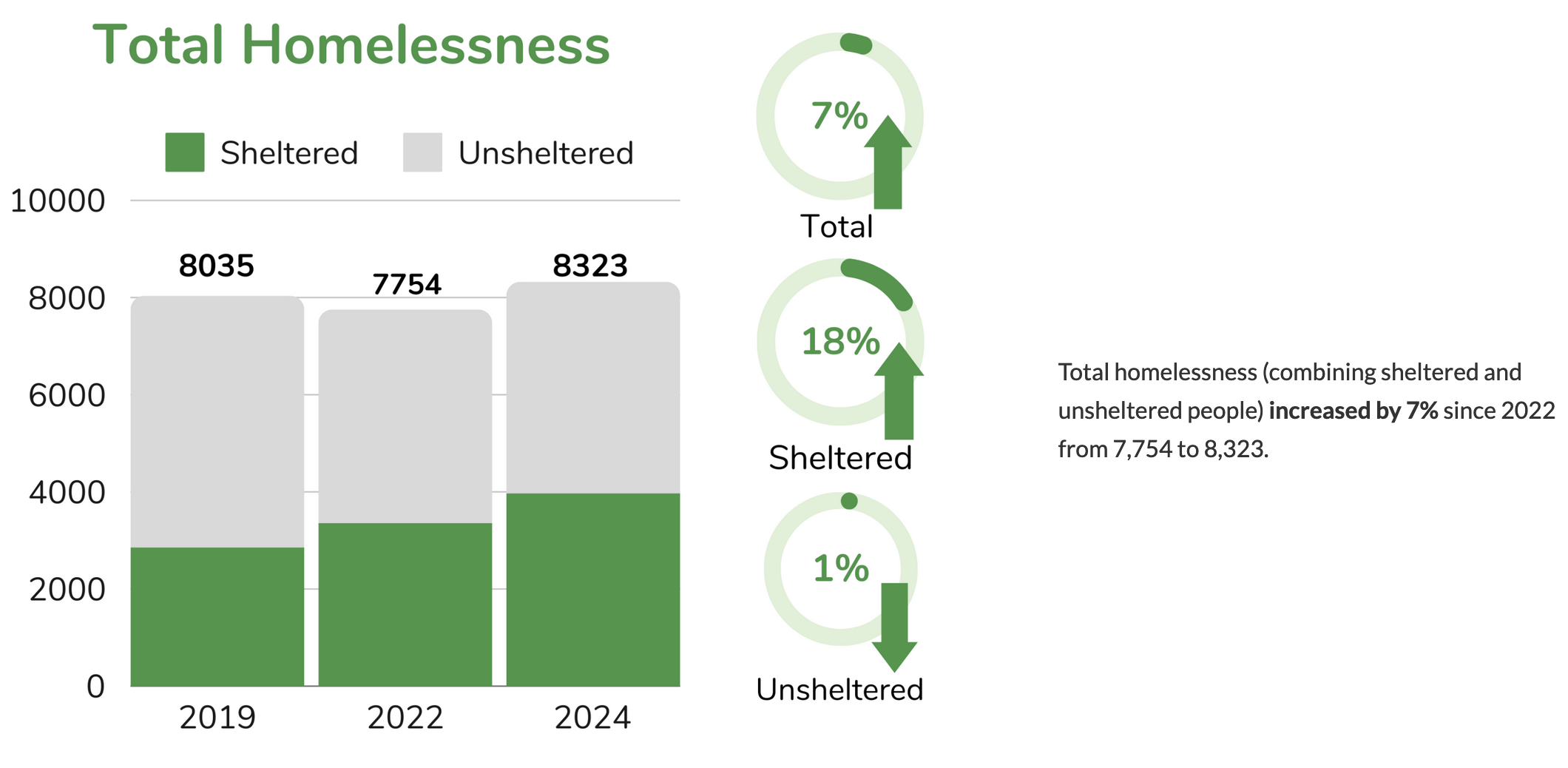
Polymarket v. Kalshi: A Complete Timeline of The Prediction Market Meme WarsFeb 6
this week, two leading betting platforms upped the ante in their blood feud by surprising broke new yorkers with free groceries. how did we get here?
May 29, 2024

In 2018, when San Francisco voters approved Proposition C, the largest tax increase in city history, the prevailing mood was jubilant. The measure levied an additional tax on businesses generating over $50 million in gross receipts (revenue a company receives from all its activities before any expenses or deductions are taken out) and allocated the proceeds to homeless services — funding that would “almost certainly” reduce the number of people sleeping on the streets, Ted Egan, the city’s chief economist, declared. He conceded it would push a tiny number of jobs out of SF (a “0.1 decline, or a few hundred jobs”). But it would create far more by increasing the city’s attractiveness to tourists and retailers. Salesforce CEO Marc Benioff, the “Yes on C” campaign’s largest financial benefactor, concurred. “[Prop C] funding will address the [homeless] crisis from every angle,” he wrote in an NYT op-ed. Those who opposed it were either selfish or short-sighted. “When it comes to Prop C,” Benioff would tell journalists, “you’re either for the homeless [or] you’re for yourself.”
Since then, the measure, which generates around $250 million per year, has nearly tripled annual spending on homelessness. What does the city have to show for it? On the body count front, apparently nothing. According to newly released data, the city’s overall homeless population has actually increased by 7% since 2022 — despite Prop C money flowing to the Department of Homelessness and Supportive Housing (HSH) since 2020.
